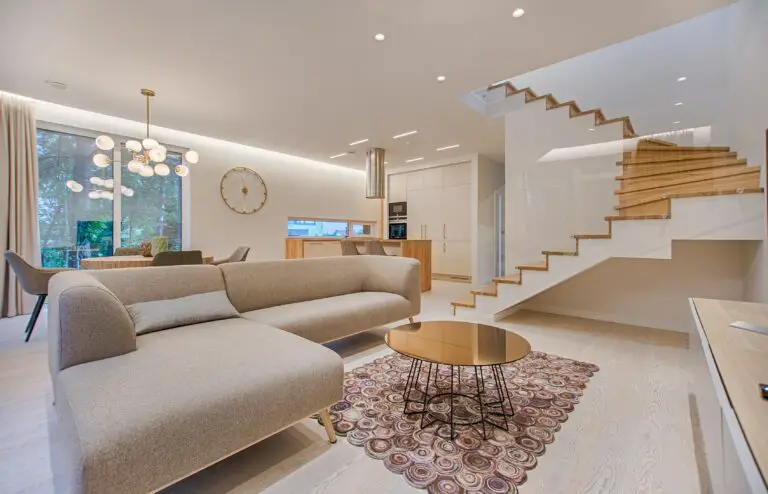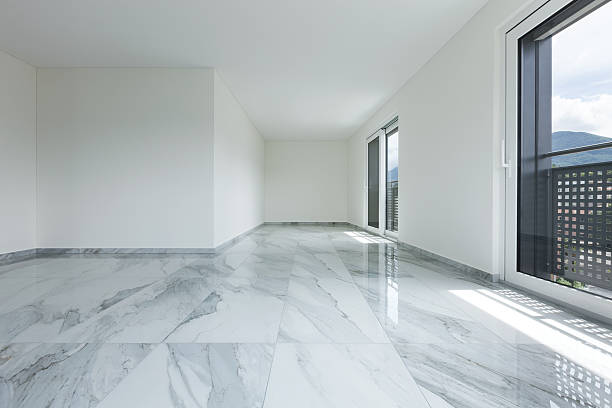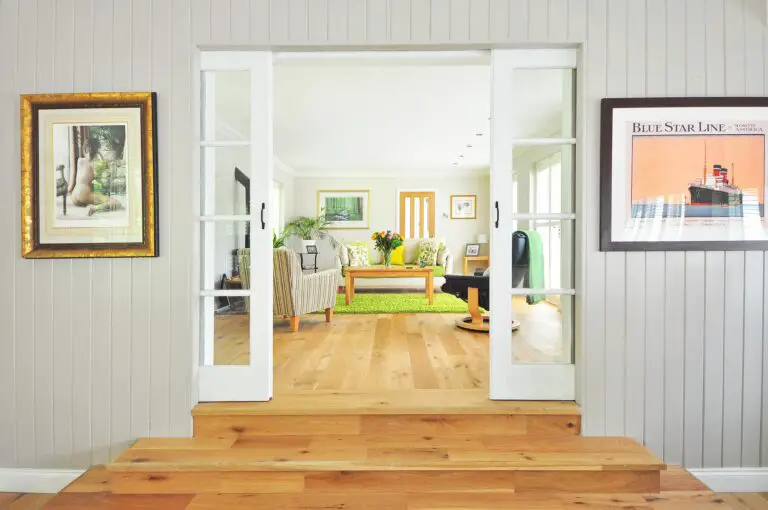5 Important Things You Should Know Before Building a New House
Building a new home is exciting but involves complex planning and decisions, which can be incredibly stressful. While you want everything to go as planned, complications can pop up, and you may not identify the mistakes until it’s too late.
While you may not prevent all the issues, you can mitigate most hiccups during the building process. Here are a few considerations before building a new house.
1. Budget Requirements and Cost to Build a House
While your inspiration and ideas keep you motivated throughout the project, your budget determines the project’s trajectory. Start planning as soon as you start contemplating building a dream home.
Think objectively about the amount you can afford to spend based on the prevailing prices of a new home. The expenses may include land, materials, contractors, furniture, finishing, and other factors that impact building a new house cost.
Budgeting is a practical consideration of desired features versus what you can afford. Since the phase is complex and time-consuming, it should start early. Most importantly, budget reviews are vital to account for unforeseen circumstances.
You may have a rough idea of the construction project, but preparing to pay slightly more is prudent. Typically, various things will emerge that aren’t in your initial estimate. Therefore, setting aside a significant portion of your total budget as a contingency for additional costs is vital.
2. Location and Necessary Building Permits
Location is essential when constructing a new home. Ideally, you should choose a favorable location depending on your needs and lifestyle. Your home’s location is critical since it can affect the quality of life.
Different areas have certain building regulations, and compliance is mandatory, but how much does it cost? It’s prudent to consult your general contractor or real estate agent about potential locations. A good agent can help you understand the legal requirements in your proposed area. Typically, it’s best to consider applicable regulations, permits, development plans, zoning, and restrictions.
3. Suitable House Plan and Design
Before an architect designs your house, you should clearly understand your desired style. Typically, deciding your design preference before consulting a local architect is essential since you’ll choose a suitable architect based on your building style. Most importantly, the design determines the list of items for building a new house.
Most homeowners prefer certain architectural themes throughout the house. You can consider a contemporary or traditional style with custom features depending on your taste. You may not see the importance of including design in your checklist for building a new house, but it determines the drawings and home specifications. In addition, your design affects the construction costs, so settling on a design early is vital.
4. Contractor Credentials and Reputation
You need a competent contractor to transform your vision into a dream home. While finding potential contractors is easy, getting the perfect match requires various considerations. Ideally, settling on a builder who understands your preferences is vital to help you actualize your plan.
Serious contractors have a building license and insurance, but working with someone accredited by the National Association of Home Builders (NAHB) is better.
Reputation is critical when choosing a contractor to build your dream home. And contractors with an excellent track record of quality services always have admirable reputations in the industry. You can start by going through online reviews and talking to previous clients when researching a potential contractor. In addition, you can also consult sub-contractors that have worked with the general contractor.
Examining a contractor’s past projects and reviewing the styles, features, and overall home design is vital to determine if they can deliver your expectations. While a particular contractor may seem accomplished in specific home designs, they may not be suitable if you want to build a different style. Therefore, your design preference should guide your choice of contractor.
5. Potential Pitfalls When Building a Home
You may have planned all the details concerning building a new house process, but every piece must fit in place to transform your plan into reality. Typically, some unforeseen situations always come up when building a house. Various issues like market fluctuations, weather conditions, and material shortages can affect timelines and the cost of building a new house.
However, these pitfalls shouldn’t jeopardize your dream project. A good contractor can help you anticipate and prepare for potential hiccups and keep the project on the right trajectory. Regardless of your challenges, you can adjust your initial plan and use the opportunity to improve the features in your home.
Building the perfect dream home can be overwhelming, but meticulous planning can streamline your experience.
Bottom Line
Aspiring homeowners look at multiple potential properties before submitting an offer. And when they can’t find a suitable option, most people build a custom home. Since the construction process involves numerous aspects, you must plan your project meticulously. Before building a new home, consider your budget, design, and features you can afford.





